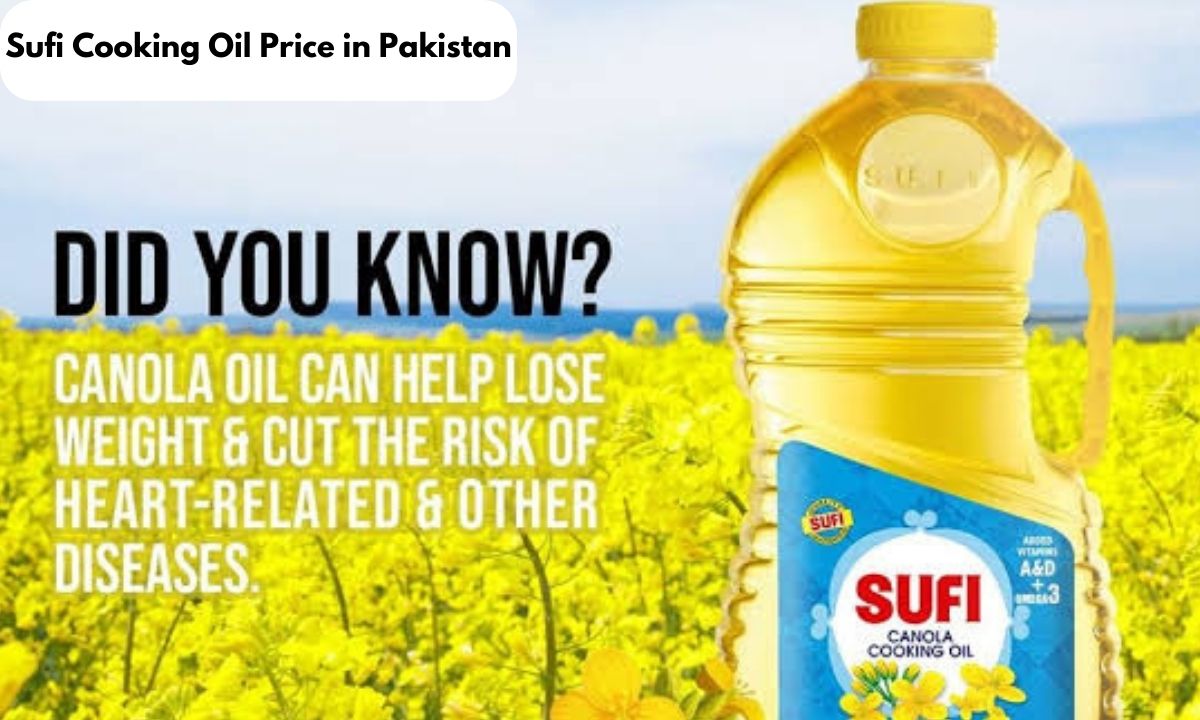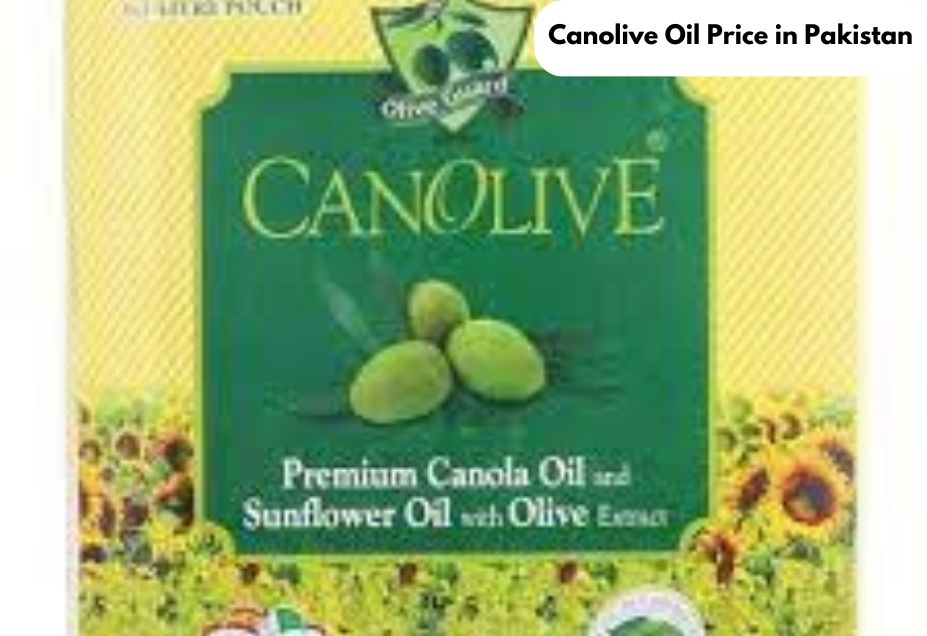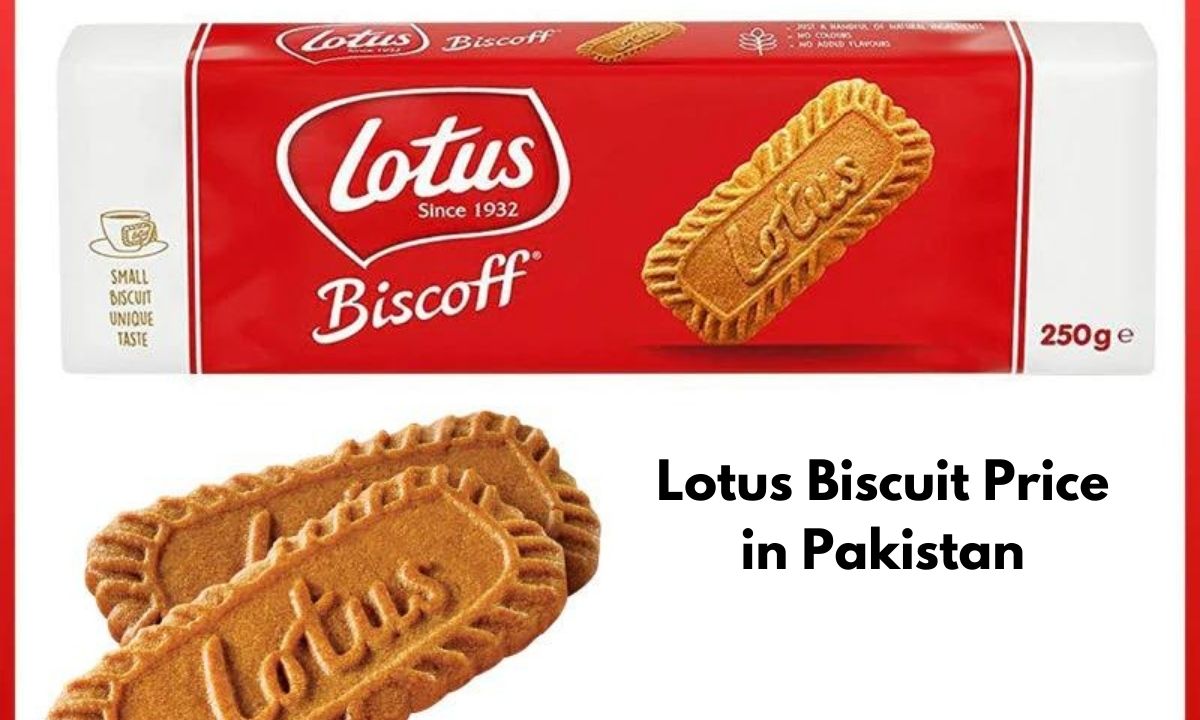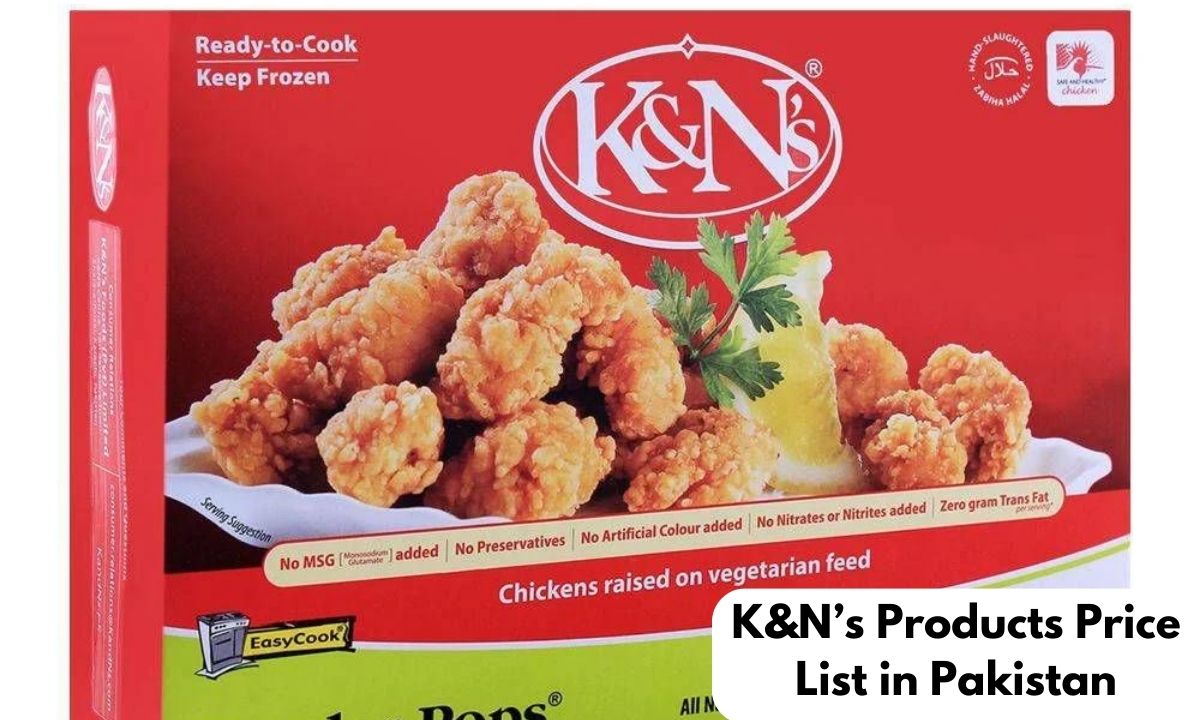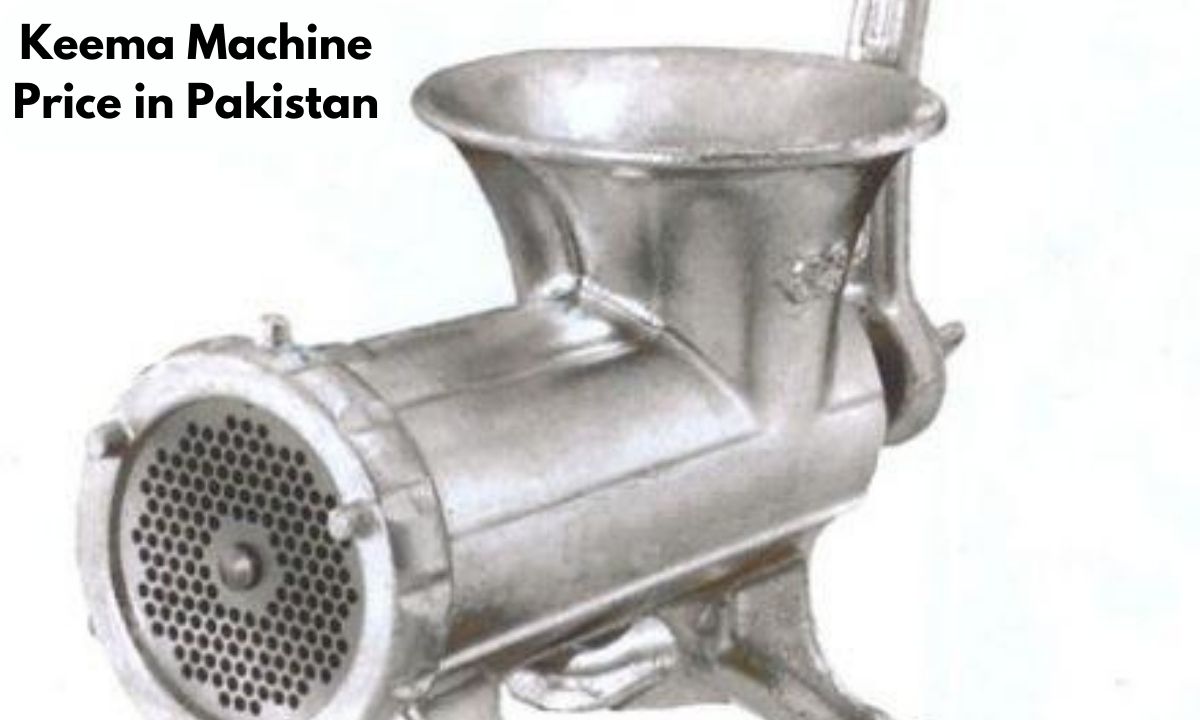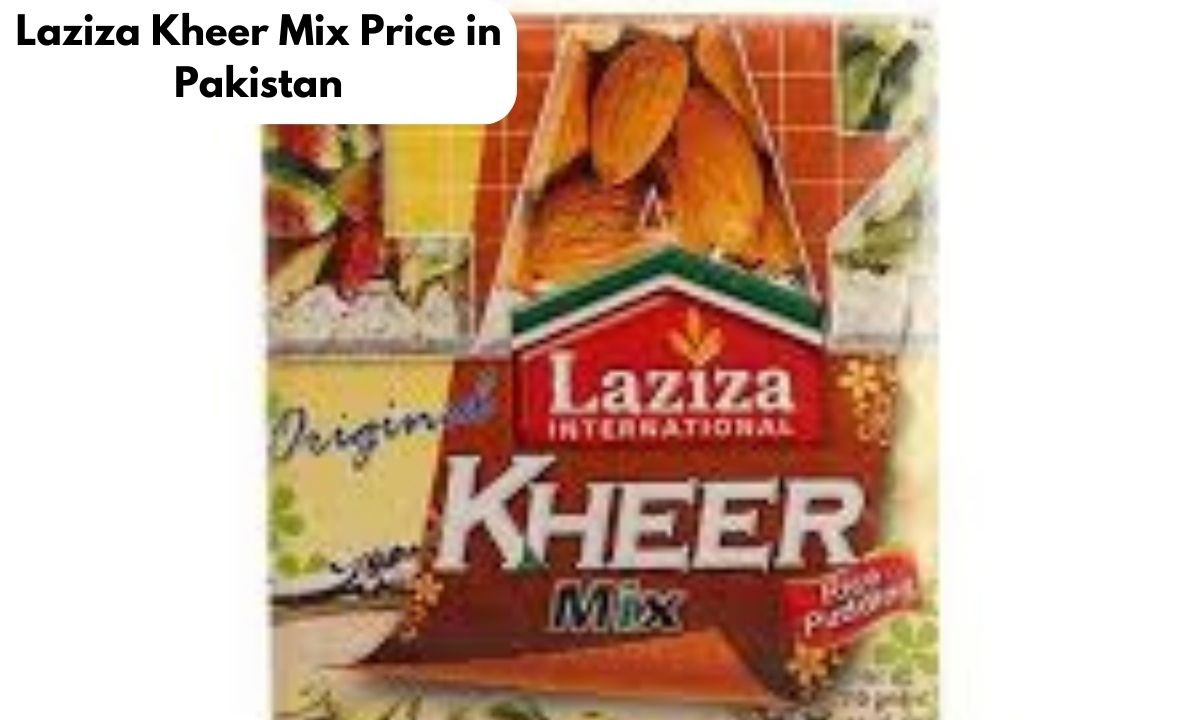Dates Price in Pakistan (Latest Guide)
In Pakistan, dates, commonly known as “khajoor,” hold deep cultural importance. They’re not just fruits but represent our traditions and are cherished for their health benefits. Depending on their type and quality, the cost of dates can range from PKR 290 to PKR 5500 per kilogram.
This nutritious fruit, packed with fiber, vitamins, and essential minerals, becomes even more significant during the sacred month of Ramadan in our diets. Yet, understanding their price isn’t straightforward.
Various elements like supply, demand, weather, and import rates play roles in determining their cost. In this discussion, we’ll explore the nuances of date pricing in Pakistan, shedding light on what influences their prices and what it means for those who enjoy them.
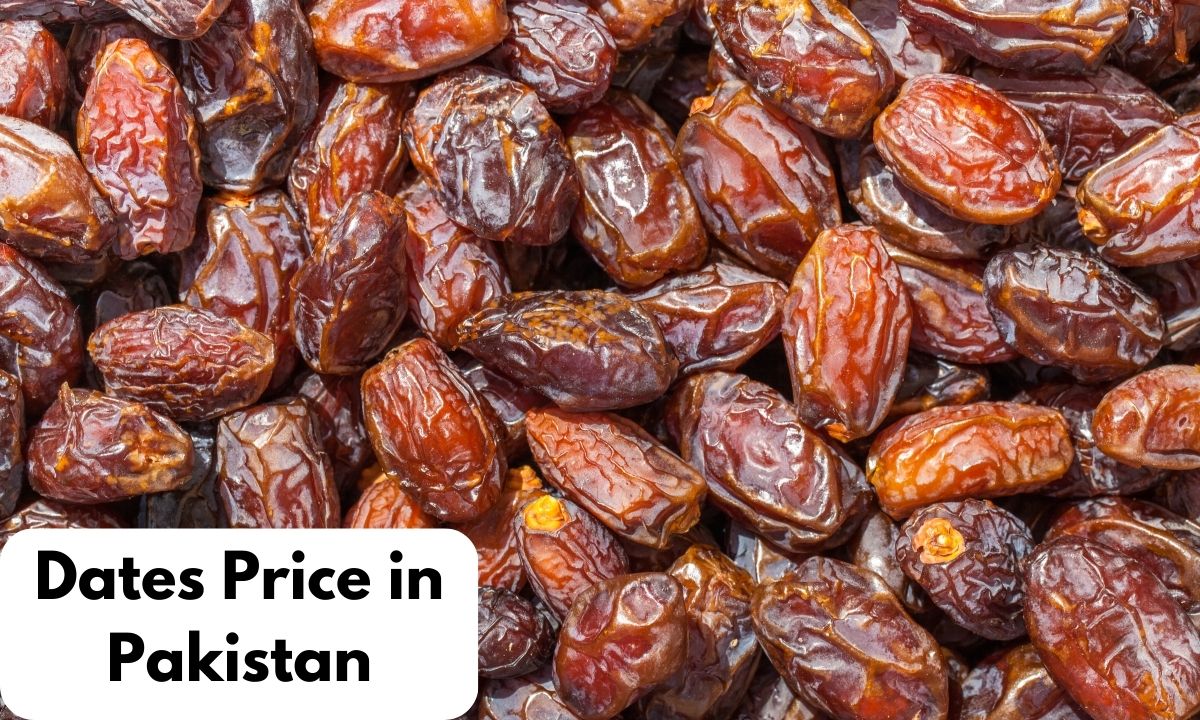
Current Price Range for Dates in Pakistan
| Type of Dates | Price per Kilogram (PKR) |
| Ajwa Dates | 4,500 – 5,000 |
| Nar Chuara (Dried Dates) | 290 – 4500 |
| Mabroom Dates | 2,000 |
| Amber Dates | 1,100 |
| Chuwara Dry Date | 300 |
| Sukri Dates Madina | 2,000 |
| Aseel Khajoor | 1,000 |
| Khairpur Dates | 1,150 |
| Irani Khajoor | 750 |
| Medjool Dates | 2,275 |
| Himalayan Dates | 1,200 |
| Al Hilal Qalmi Dates | 2,350 |
| Rabbi Khajoor | 1,200 |
| Saudi Ambar Khajoor | 3,000 |
Types of Dates Available in Pakistan
Pakistan boasts over 160 distinct types of dates, each bringing its own taste and characteristics to the table. Let’s delve into some renowned varieties:
- Ajwa Dates: Originating solely from Medina, Saudi Arabia, Ajwa dates stand out with their deep brown to nearly black hue. They offer a soft, fruity experience reminiscent of prunes and have a drier consistency.
- Anbara Dates: Among the rarer and pricier options, Anbara dates showcase a spectrum from golden-brown to dark red. Their flesh is firm and slightly dry, offering a gentle sweetness to the palate.
- Aseel Dates: Hailing mainly from Khairpur and Sukkur in Sindh, Aseel dates are recognized for their nutritional richness and delightful sweetness.
- Fasli Dates: Although the specific taste notes of Fasli dates remain elusive in available records, they remain a beloved variety cultivated in Pakistan.
- Zahidi Dates: With their pale appearance and firm texture, Zahidi dates present a delicate sweetness, making them a preferred choice for culinary endeavors.
- Dhakki Dates: Grown prominently in D.I. Khan, Dhakki dates are celebrated for their distinct taste and nutritional potency.
- Kharbalian Dates: Like Fasli dates, the precise flavor profile of Kharbalian dates remains somewhat undefined in the available literature.
- Begum Jangi Dates: Cultivated in Mekran, Begum Jangi dates earn accolades for their exceptional quality and distinctive flavor profile.
Each of these date varieties paints a vibrant picture of Pakistan’s rich agricultural landscape, showcasing the nation’s diverse offerings and culinary heritage.
Factors Affecting Dates Price in Pakistan
The pricing dynamics of dates in Pakistan hinge on various elements, each shaping its market value. Let’s break down some of these influential factors:
- Nature of Dates and Production Site: The inherent type and quality of dates, coupled with where they’re grown, are primary determinants. Different varieties have distinct pricing based on their characteristics and origin.
- Supply and Demand Dynamics: Ramadan, a sacred month for Muslims, witnesses a surge in date consumption as they are traditionally consumed to break fasts. This heightened demand typically pushes prices upward. However, to accommodate this religious observance, retailers often introduce special offers, helping to stabilize price fluctuations.
- Weather Variabilities and Yield Outcomes: Pakistan’s susceptibility to changing climatic patterns directly impacts date cultivation. Extreme weather events, especially prolonged heat and droughts, can hamper crop yields. Reduced output due to such conditions can escalate prices due to supply constraints.
- International Trade Factors: Pakistan’s reliance on imports from countries like Iran, Iraq, Saudi Arabia, the UAE, and Brazil brings external trade dynamics into play. Fluctuations in international import rates, such as the 11.4% decline observed in 2022, can reshape the pricing landscape. Rising import costs invariably trickle down to higher prices for foreign date varieties.
- Economic Inflation: The broader economic scenario, particularly inflation rates, exerts pressure on date prices. As observed in 2023, Pakistan grappled with a historic inflation surge, impacting various sectors, including date production. Escalating costs related to labor, raw materials, and other inputs inevitably raise the final product’s price tag.
- Production Expenses and Technological Innovations: Beyond external factors, the intrinsic cost of producing dates also plays a pivotal role. Variables like labor wages, expenditure on agricultural essentials like pesticides and fertilizers, and seed costs collectively influence pricing. Furthermore, integrating technological advancements and facilitating farmers with credit facilities can optimize production costs, subsequently reflecting on date prices.
In essence, the intricate interplay of these factors crafts the pricing narrative of dates in Pakistan, a reflection of both local nuances and global influences.
Conclusion
Dates transcend their role as mere sweet delicacies; they stand as pillars of culture and well-being. Priced between PKR 300 to PKR 5,500 per kilogram, their value mirrors their varied attributes and caliber. For consumers appreciating both the cultural and health facets of dates, grasping the intricacies of their pricing becomes paramount.
As we reflect, it remains essential to prioritize quality over mere cost. Be it marking the end of a fast in Ramadan or relishing a nutritious nibble, the quest for dates entails harmonizing their cost with the sumptuous taste and health perks they bring to the table.
